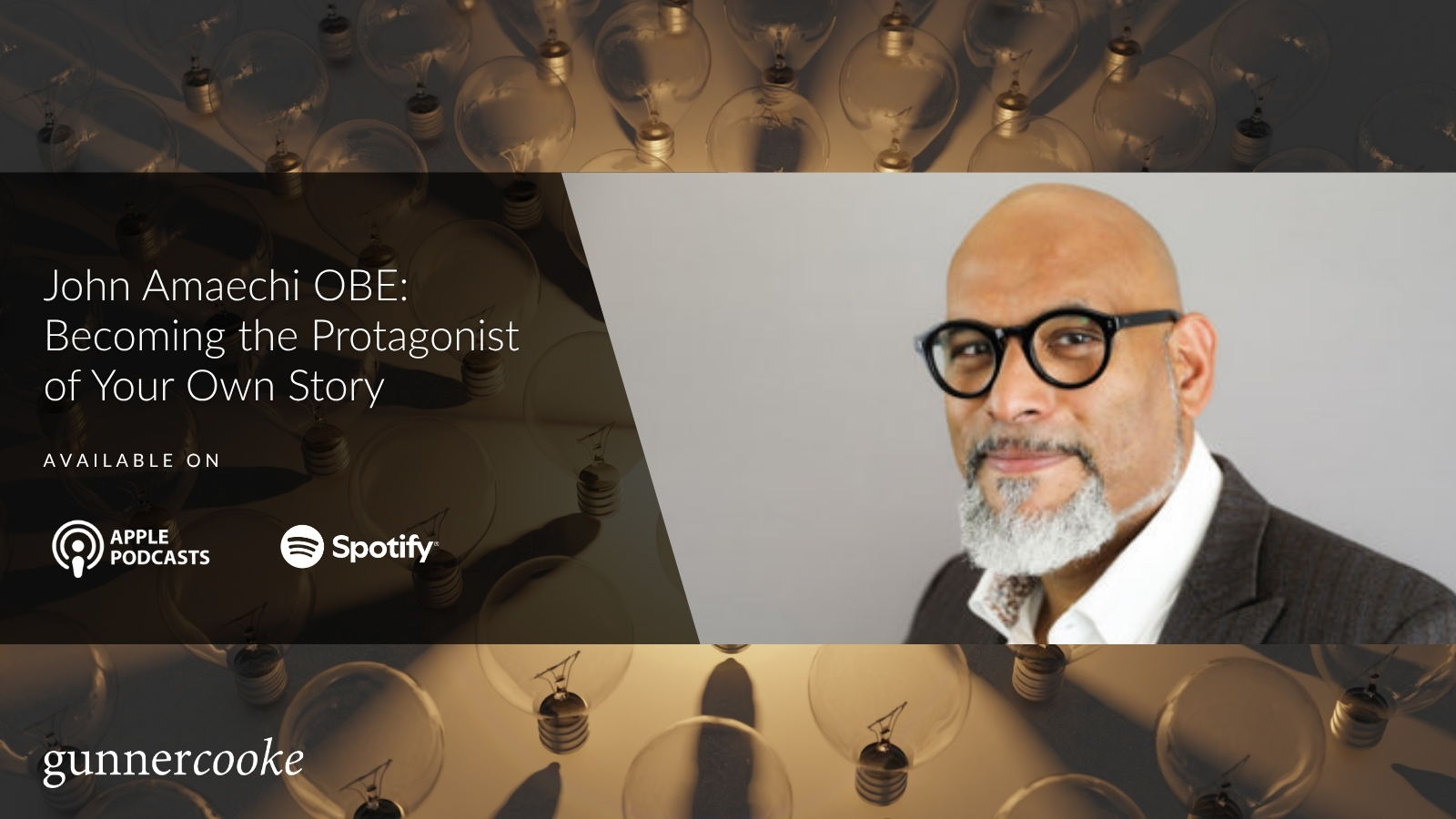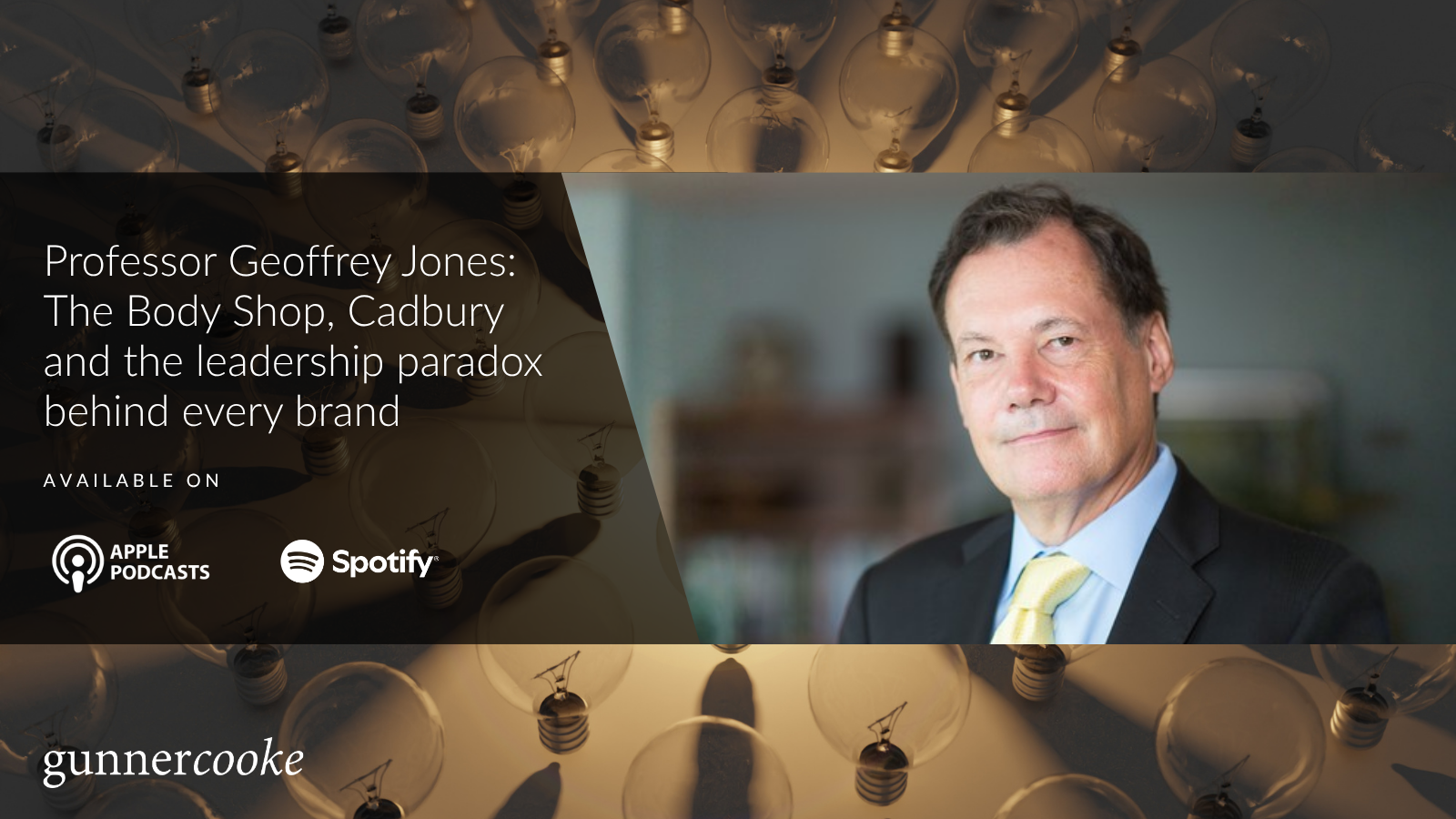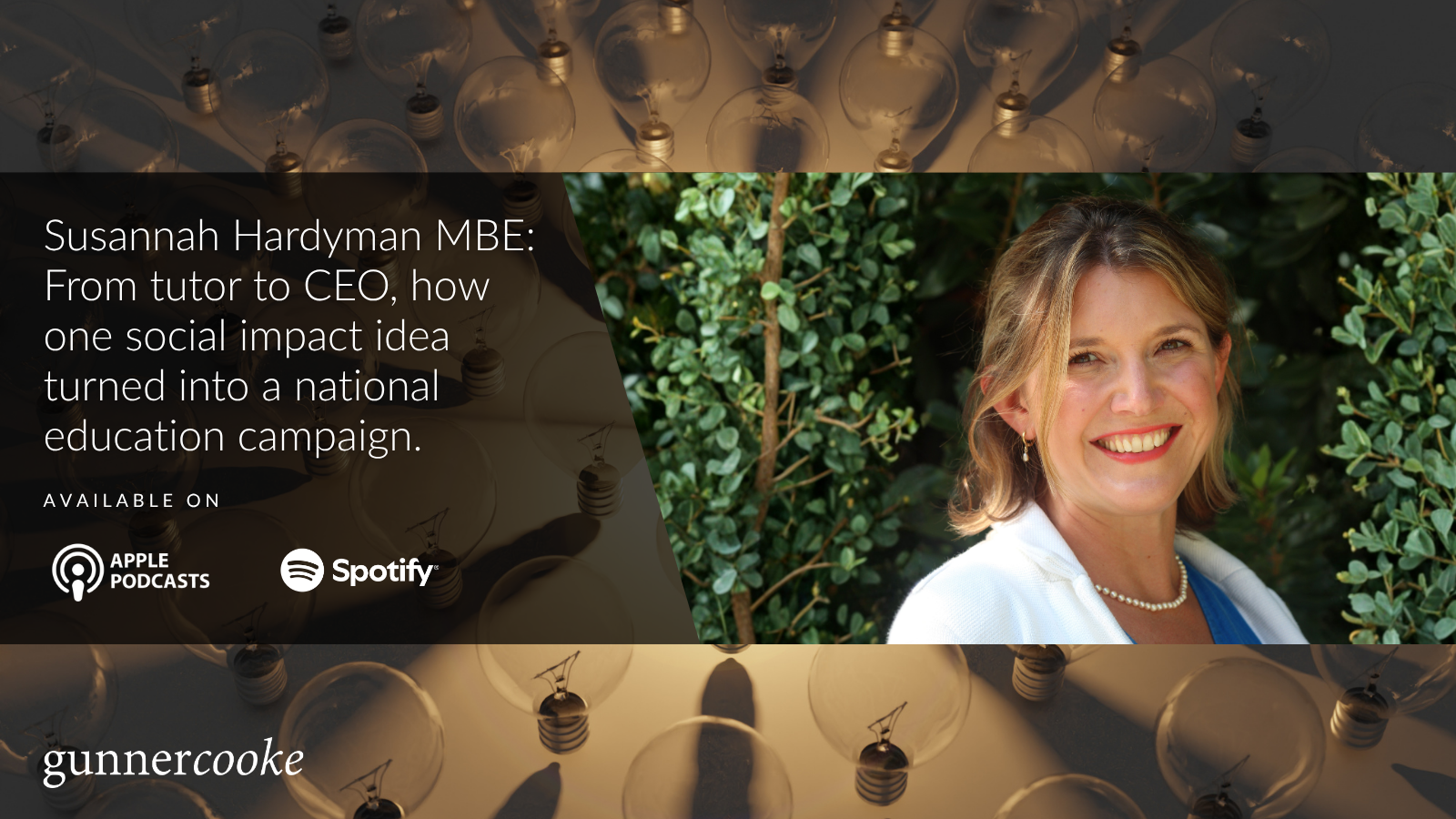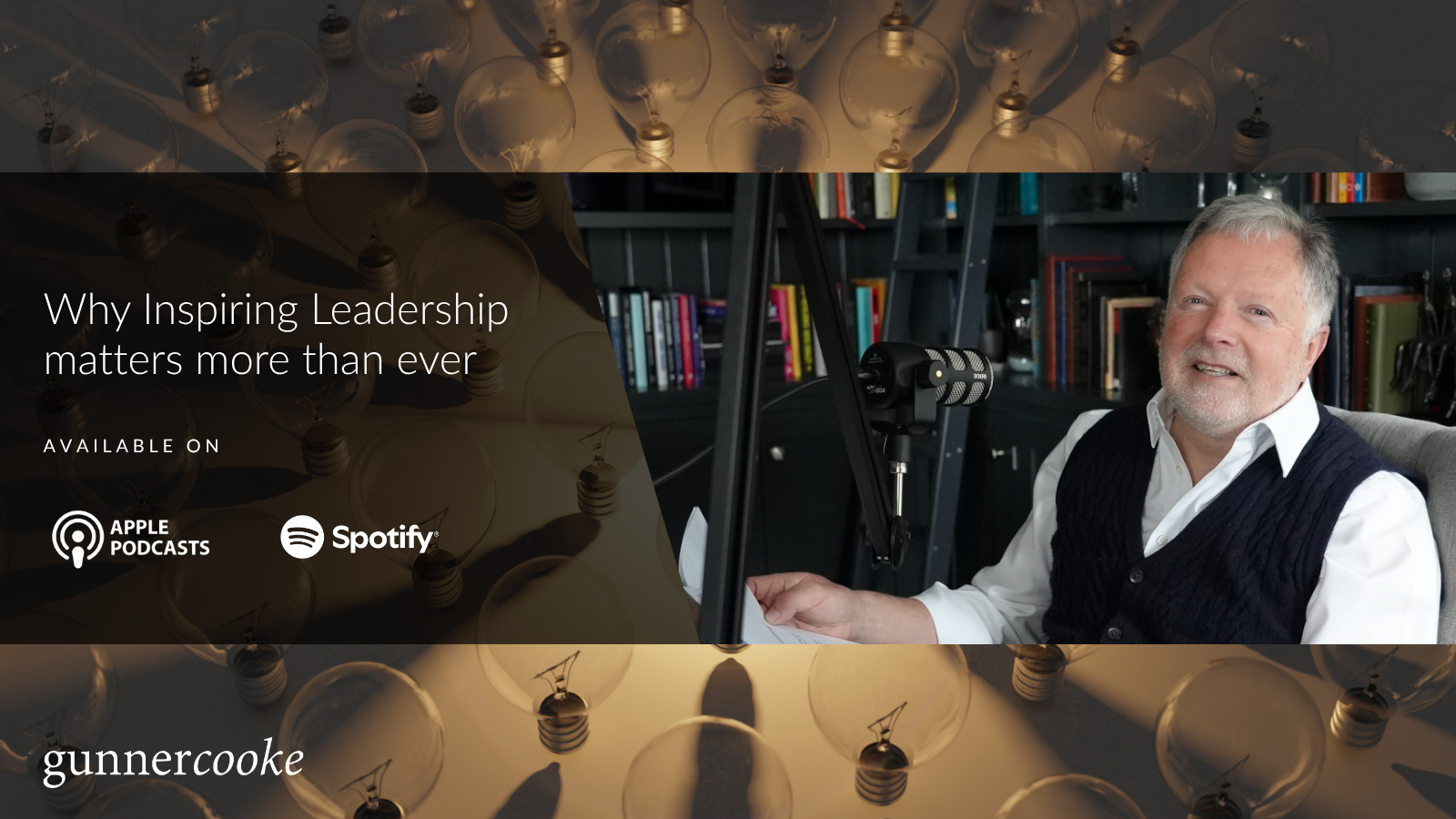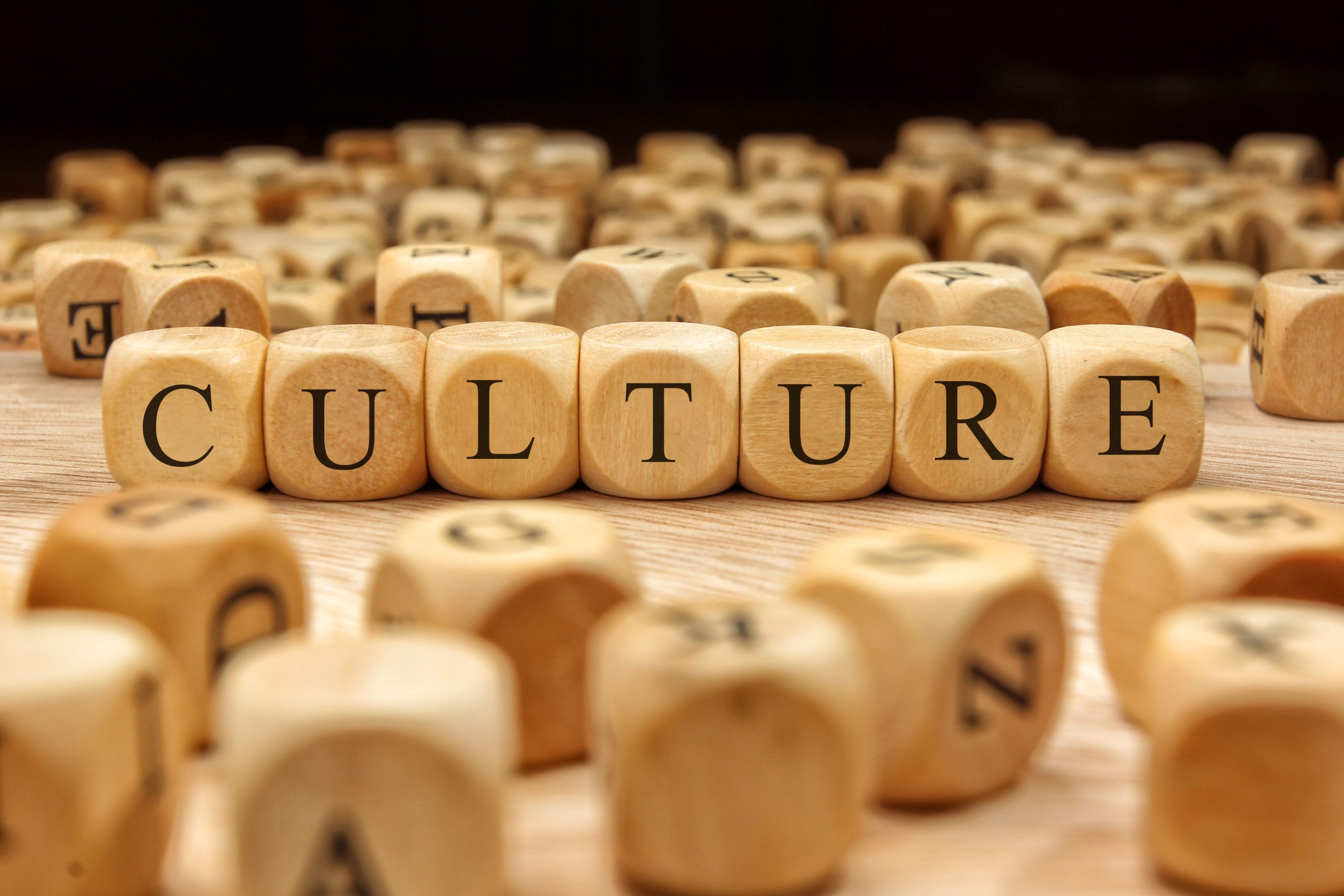- People
- Expertise
Our expertise
We are a team of more than 600 professionals, with the depth of experience which makes us genuine experts in our fields. Together, gunnercooke’s people have strength across just about every corporate discipline and sector. We provide legal, commercial and strategic advice that delivers real value to the clients we work with, which span from multinational enterprises through to not-for-profit organisations. Our breadth of expertise also covers specialist and emerging disciplines charity, crypto, sports and competition law.
Search by practice areaDispute ResolutionDispute Resolution OverviewMeet the Dispute Resolution TeamIntellectual Property DisputesFinancial Services & FinTech OverviewProceeds of CrimeEmployment TribunalTax InvestigationProperty Dispute ResolutionInsolvency DisputesMediationCivil Fraud & Asset TracingHealth & SafetyBusiness Crime & InvestigationsLitigation & ArbitrationInternational Arbitration - International
International Offices
The gunnercooke group has 16 main global offices across England, Scotland, the US, Germany and Austria, with further plans for growth in the coming years. These offices enhance the existing in-house capability of our dedicated international teams and dual-qualified experts that cover Spain, France, Italy, Portugal, Brazil, China, India, Poland and Hungary. Our team have clients across 126 jurisdictions, speak 46 languages and are dual-qualified in 21 jurisdictions. Our expertise means we can offer large teams to carry out complex cross-border matters for major international clients.
- Our story
Our story
gunnercooke is a top commercial law firm. We comprise a rapidly growing number of experts spanning legal and other disciplines. Clients benefit from flexible options on fees to suit their needs, access to a wider network of senior experts throughout the relationship, and legal advice which is complemented by an understanding of the commercial aspects of running a business.
- Reading Room
- News & Insights
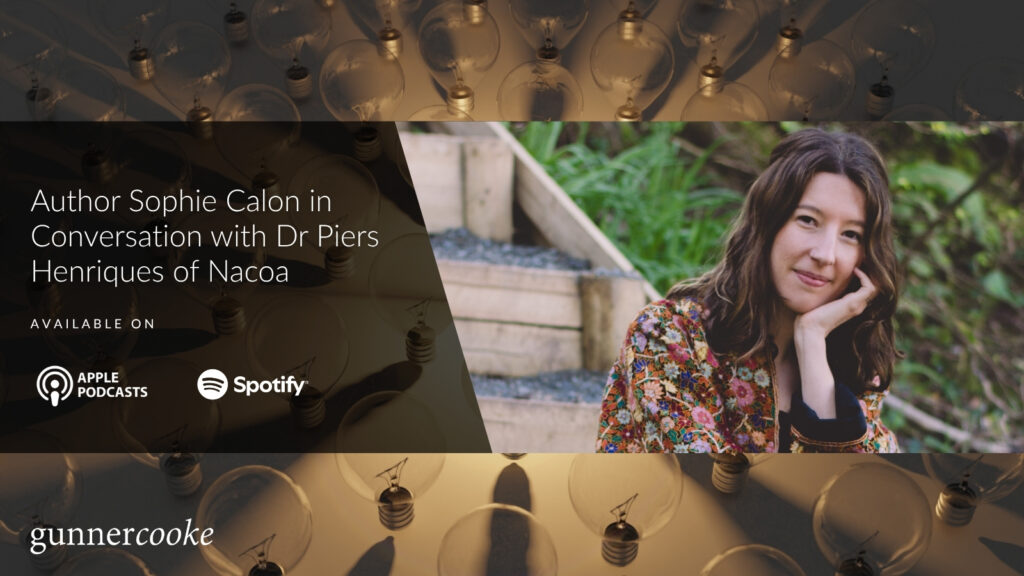
Author Sophie Calon in Conversation with Nacoa’s Piers Henrique: Growing up around addiction and breaking the silence at work
“The truth is I grieved his going before learning he had gone…My dad’s long going was dark and frightening…and tiring too.”
Earlier this summer the Inspiring Leadership Podcast team hosted author Sophie Calon and Nacoa’s Dr Piers Henriques for a moving and valuable conversation on the experiences of children growing up around alcoholism. Held before a live audience at House of Books & Friends in Manchester, the event was chaired by Lancaster University’s Dr Zoe Lambert.
Sophie Calon read to a live audience from her debut book, Long Going (Honno, June 2025), while Piers provided valuable insights on why children of alcoholics need more support, no matter their age. Listen to the podcast in full here to learn more about this topic, what you can do to help, how to raise awareness, and how to support people in your network.
At 50, Sophie Calon’s father was a high-flying lawyer. At 55, he was found dead in Cardiff city centre at Christmas. During the worst periods of alcoholism, he had pinballed between tents, homeless shelters, and prison cells.
This event challenged us to think differently about leadership, compassion, and the often-hidden impact of addiction on families, especially children — and the experience is much more common than you might think: 1 in 30 people in the UK experience alcohol misuse. Around 12% of adults drink at a level that poses a risk of harm to themselves or their family. The World Health Organisation says that globally, 7% of the World’s population live with alcohol use disorders.
Sadly, very little work has been done on the effect alcohol has on a son or daughter growing up with an alcoholic parent or partner. For all involved, it remains a stigma in society, children of alcoholics endure so much, as they live with the memory of the person before addiction and after addiction. From their formative years to adulthood, it is a trauma they hold daily, putting on a brave face as they go to school, college, or work.
For Sophie, her understanding of alcoholism grew as she became an adult and, eventually, a parent herself. During this time, her compassion for her father grew too.
“I think if you had told me as a teenager that I would be speaking about my dad’s alcoholism, I would have said absolutely not,” recalls Sophie. “Back then it was unthinkable to mention it. I didn’t tell my friends or then boyfriend.
“It was taboo, for a few reasons. My loyalty to my dad, he was a very brilliant dad, and I thought it would be a betrayal to mention his drinking. As a child, I didn’t know what the difference was between ‘drinking a lot’ and ‘drinking too much…Then there was this idea that if I did tell people, the consequences were unknown to me: would they judge him, or would it get him into trouble? After he died, I couldn’t help but write about it. Since then, I have had so many meaningful conversations.”
Nacoa, the National Association for Children of Alcoholics, says that this is a common experience for many of the children of alcoholics they meet, a large number of whom seek help in adulthood. Dr Piers Henriques (whose mother founded the charity from their living room) says shame can prevent people from seeking help earlier.
“You have a sticker on your head which is ‘addict’, which is ‘bad person’, and that is shameful. And they walk around with shame (that goes for addict and family), for both there is a conspiracy of silence and shame,” he explains. “The one place that shame can’t exist is in the light. It dies in the light.”
Piers adds that workplaces often contribute to the silence, for fear of opening Pandora’s Box. When in truth, discussing the impact someone’s drinking can be as simple as any everyday conversation, if you have the resources.
Adds Sophie: “My dad really credited some of the success in his career with the kind of functions he would go to. He was a lot of fun, and he could make people laugh, especially with a couple of drinks. He was the life and soul of the party, I saw it first-hand, we had lots of parties at home. But it was part of his downfall as well as his rise.”
Piers says that Nacoa has seen an upswing in corporate support for their services. With the backing of businesses, like Iceland, they have delivered hundreds of sessions in schools. Workplaces can also use the Nacoa programme resources online, or connect with speakers, where people with experience of alcohol in the family can talk about lived experience.
Listen to the latest podcast to hear more from Sophie and the fantastic work done by Nacoa.
You can buy Sophie’s book here and find Nacoa resources here.

